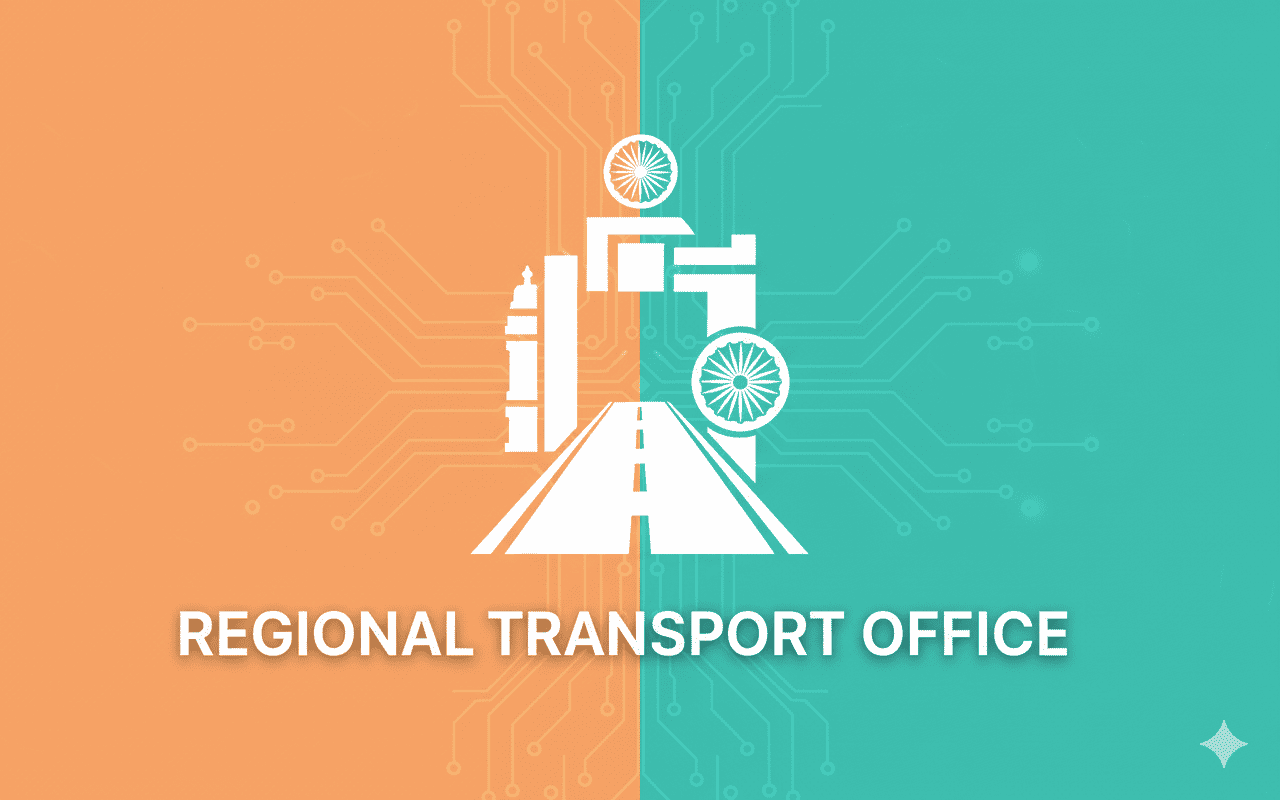This article explores RTO tax rates for electric vehicles in India, highlighting state-specific incentives and their impact on EV adoption.
What is RTO Tax?
RTO tax, or Road Transport Office tax, is a fee that vehicle owners pay to the government for the registration and use of their vehicles on public roads. This tax is essential for maintaining road infrastructure and ensuring that vehicles comply with safety and environmental regulations. For electric vehicles (EVs), the RTO tax can vary significantly from state to state in India, reflecting each state’s policies towards promoting clean energy and reducing pollution.
Importance of RTO Tax for Electric Vehicles
RTO tax plays a crucial role in the adoption of electric vehicles. By imposing lower tax rates on EVs compared to traditional petrol or diesel vehicles, governments aim to encourage more people to choose electric options. This shift is vital for reducing greenhouse gas emissions, improving air quality, and promoting sustainable transport solutions. Additionally, the revenue generated from RTO tax helps fund public transport projects and road maintenance, contributing to overall infrastructure development.
Breakdown of RTO Tax in Indian States
The RTO tax for electric vehicles varies across Indian states, reflecting their unique policies and incentives. Here is a breakdown of RTO tax rates for electric vehicles in a few key states:
- Delhi: The RTO tax for electric vehicles is significantly lower, with exemptions in place for the first five years. This initiative is part of the Delhi government’s efforts to promote EV usage.
- Maharashtra: In Maharashtra, electric vehicles enjoy a reduced RTO tax rate of 5% compared to 12% for conventional vehicles. This encourages residents to consider electric options.
- Karnataka: The RTO tax for electric vehicles is set at 10%, though the state offers additional incentives for buyers, including subsidies.
- Tamil Nadu: Here, the RTO tax for electric vehicles is 2%, making it one of the most attractive states for potential EV owners.
- Gujarat: The state has a flat RTO tax rate of 4% for electric vehicles, along with various incentives aimed at boosting EV adoption.
These examples illustrate the diversity in RTO tax rates across India, highlighting the importance of researching local regulations if you are considering purchasing an electric vehicle.
Comparison of RTO Tax Rates Across Regions in the World
RTO tax rates for electric vehicles are not only a national concern; they also vary globally. Countries worldwide have adopted different strategies to encourage electric vehicle adoption through taxation policies. Here are a few examples:
- United Kingdom: The UK offers a discount on road tax for electric vehicles, which helps to reduce the overall cost of ownership. Additionally, there are no charges for driving in low-emission zones.
- Norway: Norway has one of the most attractive tax regimes for electric vehicles. EV owners benefit from zero road tax, exemptions from tolls, and free parking in many areas.
- Germany: In Germany, electric vehicles are exempt from vehicle tax for the first ten years, making them an appealing option for buyers.
These international examples show how various governments are incentivising the use of electric vehicles through favourable tax policies, which can serve as a model for India’s ongoing efforts.
Factors Influencing RTO Tax for Electric Vehicles
Several factors influence the RTO tax for electric vehicles, including vehicle emission standards and government incentives. Understanding these factors can help you make informed decisions when purchasing an electric vehicle.
Vehicle Emission Standards
The primary goal of RTO tax is to promote environmental sustainability. As electric vehicles produce zero tailpipe emissions, they are often taxed at a lower rate compared to fossil fuel-powered vehicles. Governments assess the environmental impact of vehicles and adjust RTO tax rates accordingly. Stricter emission standards generally lead to higher taxes on traditional vehicles, further encouraging the shift towards electric options.
Government Incentives for Electric Vehicles
Governments offer various incentives to promote the use of electric vehicles, which can significantly affect RTO tax rates. These incentives may include:
- Subsidies: Financial support for buyers of electric vehicles, reducing the overall cost.
- Tax Exemptions: Complete or partial exemptions from RTO tax for electric vehicles.
- Charging Infrastructure Investments: Government investments in charging stations can increase EV adoption, which in turn influences tax policies.
These incentives are part of broader strategies to combat climate change and promote sustainable transport solutions. As a potential electric vehicle owner, being aware of these incentives can help you take advantage of available benefits.
Conclusion
RTO tax is a vital aspect of vehicle ownership in India, especially for electric vehicles. By understanding the different tax rates across states and the factors that influence them, you can make better-informed decisions regarding your vehicle purchase. Furthermore, as governments continue to recognise the importance of sustainable transport, staying informed about tax incentives and policies can help you maximise the benefits of owning an electric vehicle. Ultimately, the shift towards electric vehicles is not only beneficial for the environment but can also lead to significant savings for you as a consumer.


